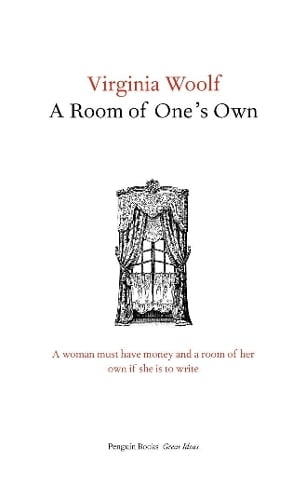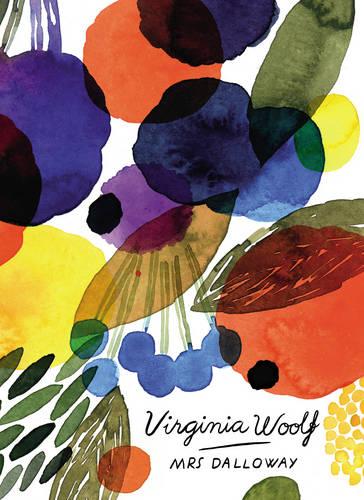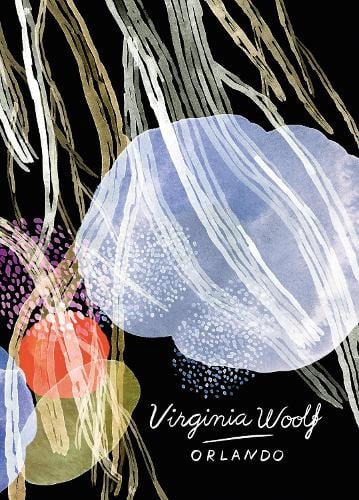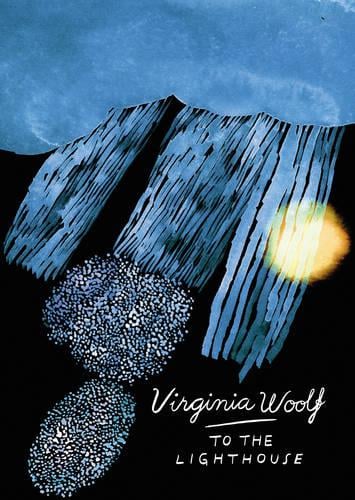Virginia Woolf was a British novelist, essayist and publisher and one of the greatest modernist authors of the 20th century. Woolf’s most famous works include her essay A Room of One’s Own and the novels Mrs Dalloway, To the Lighthouse and Orlando.
BLOCK
“Lock up your libraries if you like; but there is no gate, no lock, no bolt that you can set upon the freedom of my mind.”
– Virginia Woolf
BLOCK
Shakespeare’s Sister
What if William had a sister, named Judith? Would Judith have set our world alight with her writing? Would children be studying her plays in schools 400 years later? No, is essentially the answer given by Virginia Woolf, having pondered on the possibility of it.
In A Room of Ones Own Woolf creates the fictional Judith as a way of exploring gender and the restrictions on women’s creative potential and activity. Tragically, in Woolf’s thought experiment, Judith ends up killing herself after having become pregnant whilst trying to break through into the theatre scene of 16th century London, at a time when it was illegal for women to be on stage.
Woolf lamented Judith and the possibility of her:
“any woman born with a great gift in the sixteenth century would certainly have gone crazed, shot herself, or ended her days in some lonely cottage outside the village, half witch, half wizard, feared and mocked at.”
A Room Of Ones Own
The central idea that Woolf conveys in A Room of Ones Own is that women have not been given the space, opportunity or resources to read, think and develop as intellectuals. Woolf ponders on the stifling conditions experienced by women throughout history and in her own time, writing during the first half of the 20th century.
Woolf concludes her essay by discussing the idea that a woman needs £500 a year and a room with a lock on the door in order to write fiction. Woolf describes the power to contemplate and the power to think for ones self as capacities only emancipated by the privilege of wealth and education.
In a Hundred Years Women Will be Equal
In 1928 – the year Woolf wrote A Room of Ones Own, The Equal Franchise Act was passed, giving women equal voting rights with men. Just 10 years earlier, Woolf herself had won the right to vote as a women over 30.
This was a momentous time for women in their struggle to gain legal rights. But women were far from equal in reality, and Woolf herself was well aware of this. But she did believe that in a hundred years women would have achieved equality with men:
“Moreover, in a hundred years, I thought, reaching my own doorstep, women will have ceased to be the protected sex. Logically they will take part in all the activities and exertions that were once denied them.”
That’s just eight years from now; I can’t help but feel that Woolf would be rather disappointed in many ways, with the 21st century. Of note, Woolf doesn’t say ‘they can take part in all the activities’, but ‘they will take part in all the activities’, which is an important difference that didn’t escape her in the context of her own political landscape.
Books
A Room of One’s Own

A Room of One’s Own by Virginia Woolf is an essay on equality and feminism.
Woolf explores issues surrounding equality of opportunity, education and childcare, as well as an early insight into toxic masculinity. Her essay invites the reader to wonder on the issues surrounding women in the early part of the 20th century, whilst going on a poetic journey through the halls of Oxbridge.
*Find it at Waterstones for £4.99
Woolf’s Novels
BLOCK
BLOCK
BLOCK

What the * Means
Links marked with an * are affiliated links, which help run Riot Room and keep it free to use. If you use our links to buy something, we may get a small commission or other benefit to the site. If you do want to buy any of the items, please use our links so that the site benefits.
Many Thanks.





